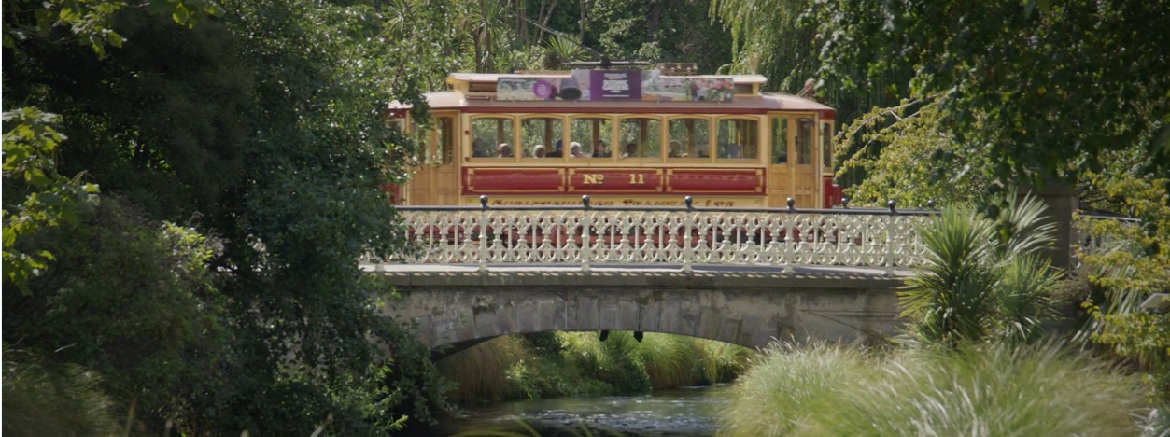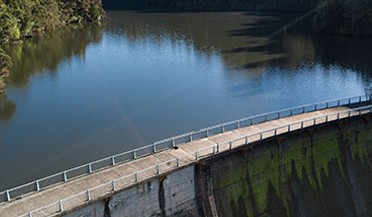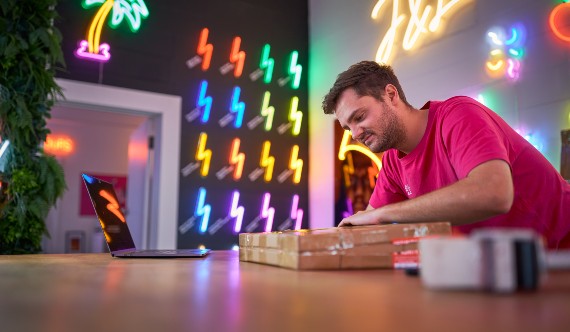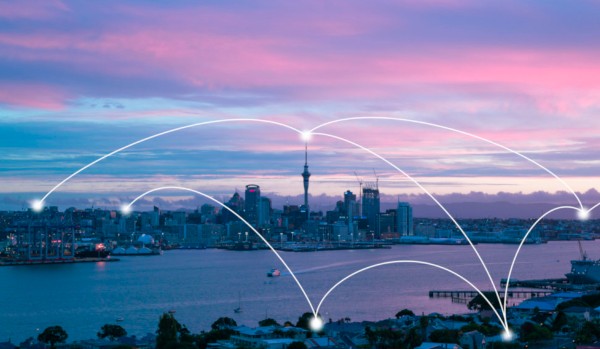From slow-result manual sampling to automated real-time data
Pristine water flows from the Southern Alps to aquifers deep below Ōtautahi Christchurch, but the water quality in the Ōtākaro-Avon River has been diminished over time by human activity. The Council aims to restore good-quality water to the catchment, and that requires accurate and regular measurements so they can monitor the success of their work.
The Council had previously been monitoring water with manual testing throughout the city, then sending the results for lab analysis. This is a relatively labour-intensive procedure, with a delay of up to two weeks before results are received. The system also fails to capture the full variability of the water quality throughout a day, especially during periods of heavy rain.
The Smart Christchurch team, alongside Adroit and independent experts, selected four monitoring sites to provide the widest possible view of what’s happening within the wider catchment. At each site, a station was installed which includes a Libelium IoT controller connected to an In-Situ sensor, measuring:
- temperature
- conductivity
- dissolved oxygen
- oxidation-reduction potential
- pH
- turbidity
Each monitoring station is powered by its own solar panel, takes water measurements every 15 minutes and uploads the data to the Adroit Cloud Platform via the Spark Cat-M1 Network. The information is extremely useful for the Council’s water improvement efforts, allowing them to get a full picture of what’s happening in the river. The environmental data can be visualised at any time, on any connected device, and triggers notify stakeholders of contamination events as they happen.
Connecting the community to their catchment
Eventually the water quality data will be made accessible by the public, connecting the community more closely with their waterways.
“This is a real push for connection back to the river and giving, I think, a real-time view of what's happening,” says Maria McIntyre, Adroit South Island Business Development Manager. “I don't think a project has ever been done in a river of such historical significance in New Zealand – one that’s so central to the region and that runs through a city.”
The future for this urban waterway is “looking positive” but the Council wants to keep pushing the limits of innovation and collaboration, says Michael Healy, Smart Christchurch Manager at Christchurch City Council. “I'd like to think lessons learned from this implementation would be useful for future implementations. As hopefully we can expand the network, we can get more efficient and smarter about how we do it.”







